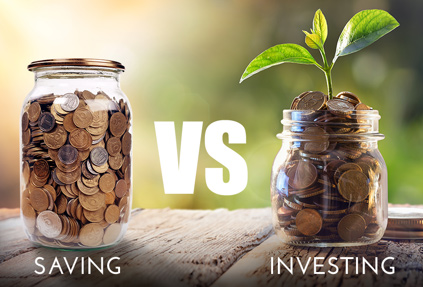Investing in bonds is one of the long-established foundations of any well-diversified portfolio. Even in times of low-interest rates, bonds provide a bulwark against stock market and real estate crashes, while throwing off interest income. If the past tells us anything is that even a small fixed income component, grounded in highly rated bonds, can significantly reduce volatility without subtracting too much return from the overall portfolio.
While investing in individual bonds is typical, it is not advisable unless you have significant funds to go into one; at least US$100,000. For smaller investors, there is an alternative, called a bond fund.
When most investors discuss bond funds, they are often talking about professionally managed investment funds that invest in stocks, commonly in the form of an index.
Bond funds, in contrast, pool money from investors to purchase bonds, gaining diversification that would otherwise be difficult.
Some bond funds specialise in corporate bonds, others in municipal bonds, still others in junk bonds. In fact, the odds are if you want to own a specific type of bond, there is a bond fund that will let you do it with as little as a few hundred, or perhaps even a few thousand, dollars.
The Benefits of Investing in Bond Funds
There are several advantages to investing in bond funds.
- Bond funds typically pay higher interest rates than certificates of deposit, money market funds, and bank accounts.
- Investors can get the benefit of professional money managers that know their field. It wouldn’t be worth the time or effort for the average person to learn the different rules for municipal bonds.
- Bond funds typically receive better pricing than the small investor on the bonds acquired bonds.
- Investing in bond funds is much, much easier than owning individual bonds outright because you don’t have to take care of “laddering” your portfolio (that is, managing the maturity date of different bonds).
- Many bond funds pay out interest and gains monthly instead of semi-annually, as is the case with individual bonds. It makes cash flow much less stressful for income-oriented investors who need more frequent deposits for day-to-day bills.
The Drawbacks of Investing in Bond Funds
Like all things in life, there’s always a bit of sour to go with the sweet and bond funds are no exception. Despite all of the benefits mentioned above, there are several drawbacks to investing exclusively through bond funds, these drawbacks include:
- Bond funds typically have higher expense ratios, meaning that more of each dollar goes to management fees than a comparable stock mutual fund.
- With an individual bond, risk decreases the longer you hold the security because you get closer to maturity when you receive your principal back from the company or organisation to whom you lent it. It is not true with bond funds because the individual holdings are continually maturing, being bought and sold, etc.
- In the case of aggressive management, bond funds can take on leverage. If you don’t pay attention to this, you might be exposed to significant potential capital losses and not even know it.
- Monthly income from bond funds fluctuates as the underlying bond assets change. You won’t know precisely how much you are going to collect in any given year.
Should You Consider Investing in a Bond Fund for Your Family’s Portfolio?
The truth of the matter is that there is no right or wrong answer when it comes to investing bond funds. Bond funds make sense for those who have less than US$100,000 to devote to their fixed income portfolio or for those who simply want the convenience of buying and selling a basket of bonds with a single transaction.
If you liked this article and want to read other great stories, try our Archives. Also if you are new to investing you can try our Investment Basics Blog.
If you want to start investing with SSL but don’t have the time to monitor the market or to conduct the trades yourself then you can choose one of SSL’s managed Financial Planning products. We offer a variety of products for every type of investor and if you are interested in managing online trades yourself and having complete control over your investment portfolio then you can try SSL’s Brokerage account.
Follow us on Facebook, LinkedIn and Twitter please leave us a review.


















